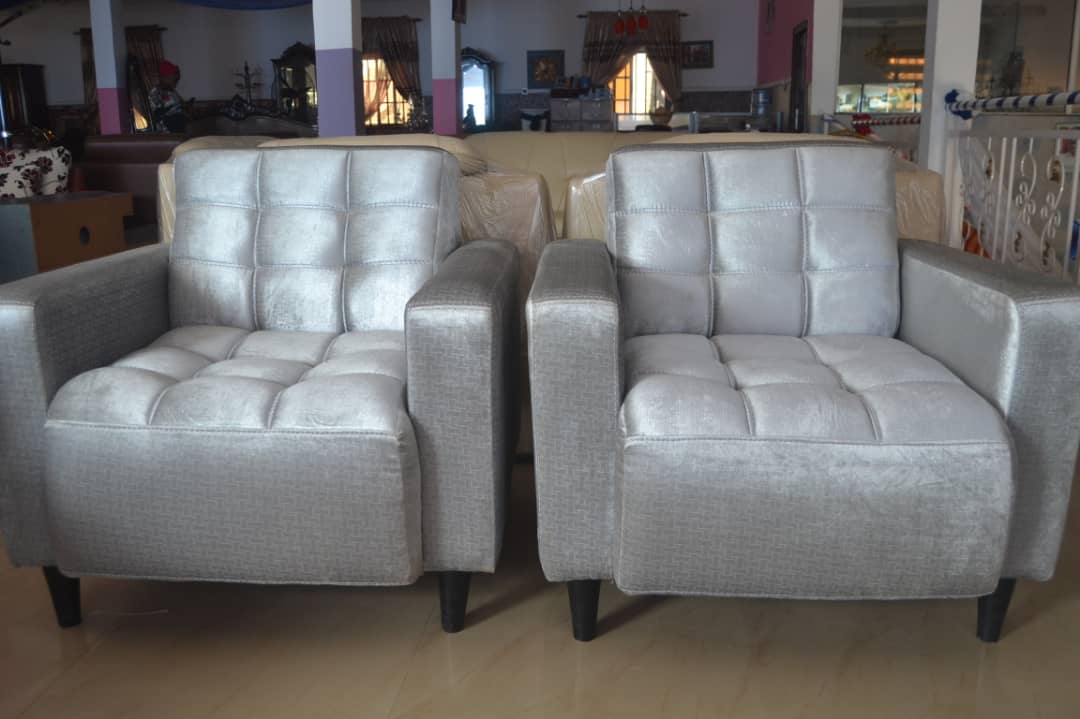

1. Introduction to Research Methods in Furniture Design
There are, however, many other texts that form the basis upon which further understanding of the structured nature of research can be built no matter whether they be concerned with the qualitative or the quantitative dimensions of research. Next, we outline the core philosophical approaches to research that inform all subsequent method sections in order that the reader can gain an insight into the structure of knowing and thinking that is intrinsic to understanding the nature of research itself. Each of the following sections is then designed to link to the core principles that frame the ever-expanding debate about the aims and goals of researchers. Finally, for both students and instructors alike, because this is a highly dynamic set of disciplines, we have included a series of custom-designed learning and teaching resources with this text.
Research methods are sophisticated sets of conventions that specialize researchers into particular types of method in order that they can research and explain the phenomena that are of particular concern to their research with clarity, rigor, and credibility. For students and lecturers alike, research can be demanding and method courses can pose such anxieties precisely because they demand one to think about, debate, and apply not just the both practical and intellectual sides of research. All research methods and courses have one thing in common: they combine an investigation of the consequences to the clear, structured thinking and good writing that is involved with the presentation of research. With this in mind, we have designed a teaching and learning text structured around sound intellectual reasoning from the very start.
1.1. Importance of Research in the Design Process
In this direction, the current training offered by design schools is facing new realities that are part of the contemporary world. The insertion of good furniture designers into the area of industrial production covers a wide range that involves many new knowledge, accommodating creative and original projects. Therefore, today it is a new challenge for design educators. The theme of research uses and their implications for teaching, specifically the development of furniture design. The need for methodological approaches in the elaboration of research is the challenge to bridge the tensions between practice and theory, avoiding that learning becomes a series of unconnected activities.
Research in design is the logical basis for the development of new knowledge and solutions, which facilitates the creativity of the specific professional field of design. Many things become routine for designers or furniture designers, and they do not investigate them. The role of research in the educational and training process is to develop creative ability, problem-solving, and intellectual research, linking the creative design process to the theoretical learning process. In this sense, creating the possibility of dialogical exchange and reflection gives significance to the learning process and the construction of new knowledge that will be internalized by the subject, intervening in the elaboration of their interventions in the design of furniture.










